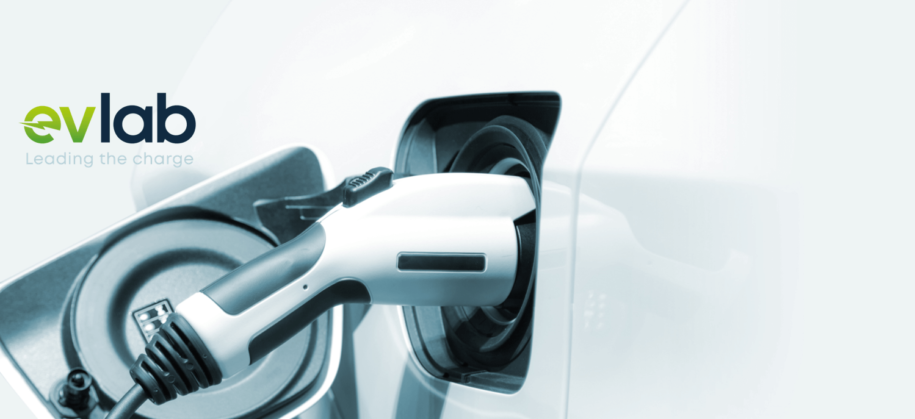Today, having first-class charging points on a commercial property is considered a plus and will be an additional draw for the growing community of electric vehicle (EV) drivers. However, with 3 million electric cars predicted to be on the road in less than ten years, not having enough high-quality charging points available at destinations will be a turnoff for a much larger customer base!
EV charging installations should not be neglected by landlords: planning for the right quantity of charging points is important, but landlords also need to provide the best possible customer experience by making sure that the correct infrastructure is installed to the highest standards.
In this article, we highlight three things that we think are fundamental for customers when installing EV chargers:
- Performance:
Before any charging point is installed, landlords need to make sure that they have spare power supply capacity on their sites for the charger(s). When charging, EV drivers will pay attention to their charge time vs. the electricity they receive. Although previous EV models were only able to charge at lower speeds, new electric vehicles with higher charging speeds are entering the market and customers will expect chargers to deliver their rated capacity.
At the start of any EV charging project, an in-depth feasibility study along with a site survey is essential. A detailed assessment of the site’s spare electrical supply capacity should always be completed and grid operators should be approached to discuss an upgrade if needed.
- Easy to use:
Once operational, the charging process should be as user-friendly as possible. Although no “miracle” solution exists yet, in the future, customers will likely charge where it’s easiest and quickest to connect. For example, users are likely to opt for chargers which don’t require any subscription or can simply work with a payment card.
When installing EV chargers, Syzygy recommends to always choose an “approved” open-protocol hardware, which will guarantee operational flexibility. The owner is then not tied to the back-office provider and free to switch to a more user-friendly operator if customer experience or performance is not satisfactory.
In general, Syzygy recommends choosing a back-office provider that supports interoperability (roaming). This will make sure that, when it is more widely implemented, customers won’t have to register to a specific operator to use the charger, therefore making more chargers available to a much larger customer base.
- Availability:
This may sound obvious: drivers expect chargers to be available and operational when they visit a charging location. Range anxiety, or fear that the car battery will run out of power before the journey is completed, is still common among EV drivers these days. Customers are therefore likely to simply go elsewhere if they are not able to charge their cars. Moreover, the EV driver community is strong and very vocal – any bad charger will be flagged and “shamed” on social media. Leisure sites or shopping centres might lose their EV customers altogether if they can’t charge.
Installing enough EV chargers is not enough – efforts must be put in place to ensure EV chargers are operating well with minimised downtime. Syzygy recommends that warranties, along with a monitoring and maintenance contract, are always put in place with the charger operator to ensure any operational issues are flagged, picked up and fixed quickly.
At Syzygy, we provide clients with end-to-end support for electric vehicle charging projects, from inception through to the on-going operation of the assets, helping deliver high quality and long-lasting installations. Because we are not a contractor, we are not looking to oversize projects and are not tied to a specific manufacturer – our approach is pragmatic, agnostic, and as always real estate focused.



